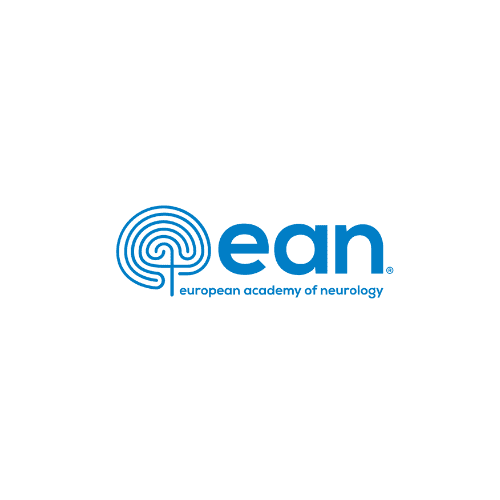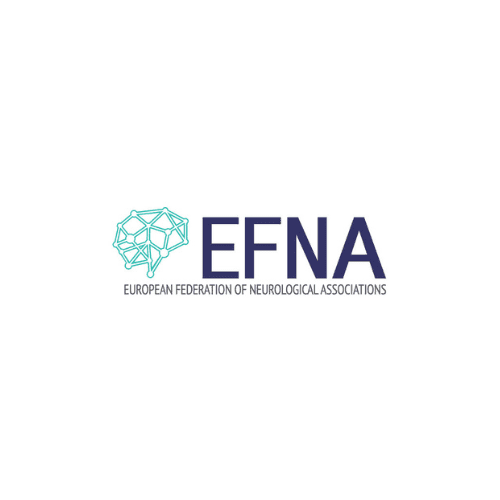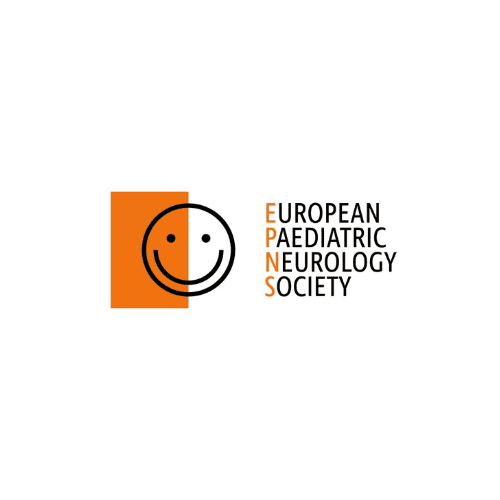The Value of Education: Digital Care Pathways for Rare Brain Diseases. The case of Phenylketonuria
One of the most relevant challenges for healthcare providers and patients during the COVID – 19 pandemics has been assuring effective communication channels and ensuring the continuity of care to patients with complex health needs such as people living with rare brain diseases (RBDs). The COVID–19 pandemic accelerated the healthcare sector’s digital transformation agenda. The delivery of telemedicine services instead of many face-to-face procedures has been expanded and, many healthcare services not directly related to COVID-19 treatments shifted online remotely. Many hospitals, specialist centres, patients and families started to use telemedicine because they were forced to. This trend could directly represent a good practice on how care services could be organized and continuity of care could be ensured for patients. If done properly, it could boast improved patient outcomes and become a post COVID-19 major shift in the care paradigm. There is a fragmented stakeholders spectrum, as many questions arise on: what are effective channels of communication and patients’ engagement; how is e-health interacting with ‘traditional’ healthcare providers; if can remote care retain a human touch and stay patient centric.
The overall goal of the project is to understand the needs of increased risk populations (patients with Phenylketonuria) and define the best channels to engage and communicate with them. The project will particularly focus on patients and caregivers.
Objectives of the study
In line with the VOT research methodology, the objectives of the study are:
- Based on the COVID-19 pandemic experience, investigating about 1) what is relevant in the communication for patients with PKU; 2) which kind of ICT tools could be useful to be integrated into the PCPs for the improvement of active communication between patients and healthcare providers; 3) how these ICT instruments could be activated and or increased during the management of possible future emergencies.
- Designing a series of communication strategies dedicated to these specific patients with PKU) living in different European countries.
- Providing practical recommendations for policy-makers for the development and implementation of educational strategies for people affected by PKU across national healthcare systems.

Methods and Outcomes
- Based on the PKU optimized patients’ pathway as a result achieved by the application of the RarERN PathÓ methodology in the framework of the VOT project, the new survey will investigate which relevant organizational phases of the PKU PCP could be managed by the ICT tools, in terms of communication needs and management of patient/clinician relationship (which ICT tool could be applied for the management of which organizational phase)
- New ad hoc survey will be co-designed with close collaboration of PKU patients representatives investigating their needs about ICT
- Comparison of different countries thanks to the active involvement of some PKU patient’s associations from different countries (different communication strategies to be adopted into different countries)
The project “Value of Education” is funded by Pfizer. All outputs are non-promotional and not specific to any particular treatment or therapy.





